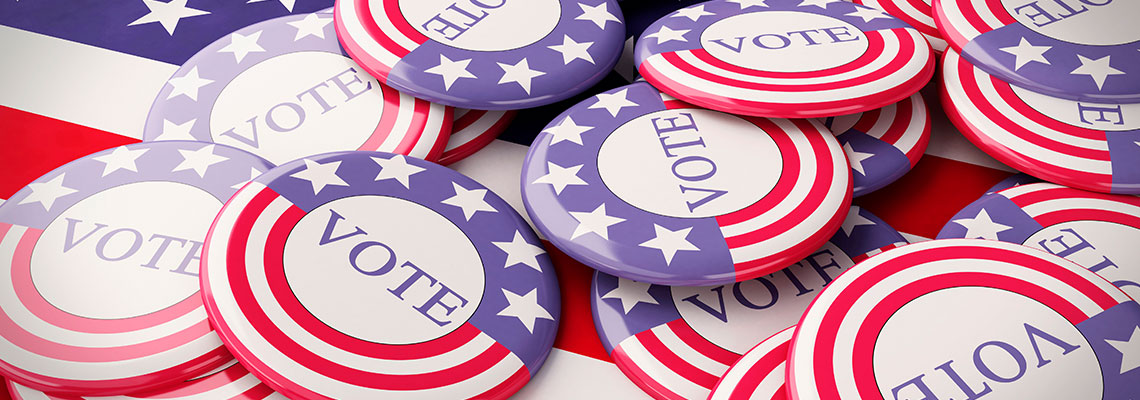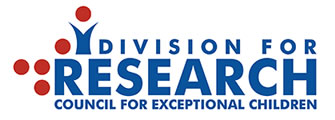
Parents have a lot on their minds, including children’s health, education, and well-being. Yet, a large body of research suggests that parents could also be paying attention to young people’s civic engagement. Civic engagement can be broadly defined as individual and collective actions designed to identify and address issues of public concern. These actions include political behavior, volunteering, and environmental behavior, among others. Civic engagement is important because it can help solve social problems, improve quality of life in communities, and keep our democracy functioning well.
Youth who are civically engaged also benefit by being healthier, more engaged in school, and showing higher civic engagement decades later as adults. Research points to several ways that parents can support their children’s civic engagement. Election season is the perfect time to try out some of these strategies!
Your Words and Actions Matter
When parents are more civically involved, their children are also more civically involved. Your children are paying more attention to your engagement than you realize, and they are likely to follow in your footsteps. So, how can you model political behaviors this election season?
- Talk about the election with your child. Tell them how elections work and why they matter. Find books at your local library that introduce your child to elections and candidates. Explain who you are voting for and why.
- Actively listen to your child’s views. Some believe that children typically adopt their parents’ political views, but this is not always the case. When young people are encouraged to express and defend their own point of view, and when they feel that important adults are listening and care about their opinions, they are more likely to become civically engaged.
- Take your child to the polls on election day. Let your child go into the voting booth with you and see the process in action. Direct experiences can make voting fun for young people and help them establish long-term voting habits in the future.
- Are you registered? If you miss out on the election, your children can miss out too. Be your child’s best role model by making sure you are ready to cast your ballot on election day. Find information on registering to vote in your state.
Monitor What Your Child Watches and Reads
In any election (but especially in 2016), election coverage can be negative and candidates can say negative things. For example, some have speculated that negative remarks about immigrants have sparked discriminatory behaviors by high school youth across the country. Related research shows that children who are exposed to violent TV shows, movies, or games show more aggressive behaviors, and also finds that parents can reduce these negative effects. These findings offer two main recommendations for parents this election season:
- Watch and discuss news events with your child. Research shows that when parents talk with children about what they see in the media, children are less likely to copy bad behavior they see. During election season, you should stay mindful of political ads and candidates’ messages and be ready to evaluate and critique them with your child.
- Talk to your child about reputable (and non-reputable) news sources. Today’s young people need to be critical consumers of information in order to be informed citizens. Especially in the digital age with overwhelming amounts of information available 24-7, young people need to know where to look for good information and how to distinguish between fact and opinion. These skills can decrease exposure to false media stories.
Reinforce School Efforts
Some parents may be thinking “Don’t schools teach this information?” It’s true that schools can be a major influence on young people’s civic engagement. Political discussions in schools, facilitated by trained teachers, can teach youth important civic and communication skills. Unfortunately, not all schools focus enough on civic education, especially financially stressed schools. If your child’s school is not discussing the election, talk to your child’s teacher, principal, or the PTA about the importance of these experiences. If your child’s school is focusing on the election, use that as another opportunity to spark further discussion at home.
It’s Not Too Early
Some parents may think these recommendations only apply to teenagers. Even children as young as 5 may be listening to election news and conversations. It is never too early to start talking to children about political elections and modeling your participation. Put issues into words that younger children can understand, and you may be surprised with how interested they may become.
Seize the learning and growth opportunities for your child during this election season. And remember, many of these strategies apply beyond voting and election season, so try them out any time of the year!
Proper citation link for this blog post:
Wray-Lake, L. (2016, October 03).It’s election season, and our children are watching. Retrieved from http://infoaboutkids.org/blog/its-election-season-and-our-children-are-watching/
















